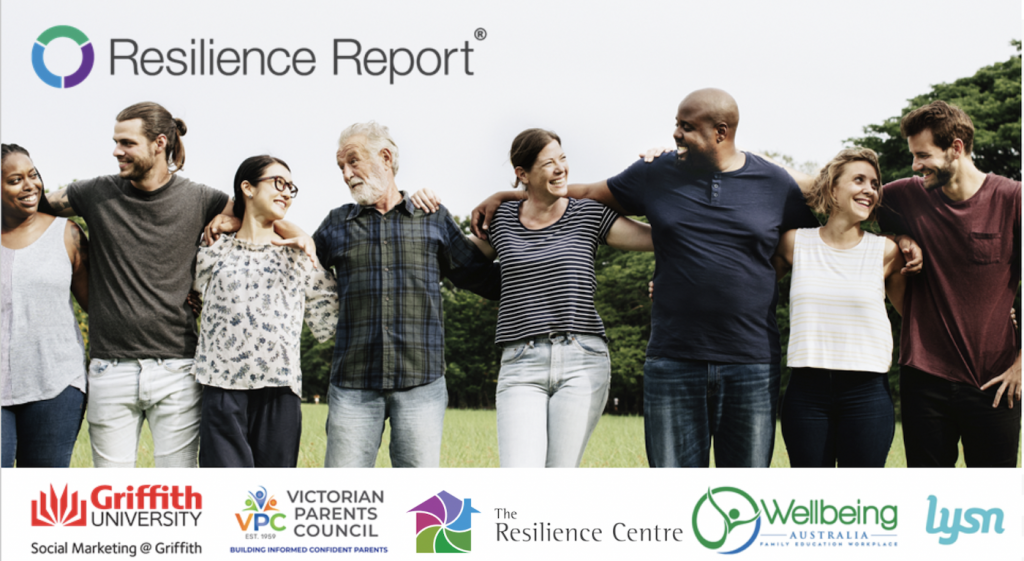
Resilience… how have you fared in the last 24 months?
How well are you coping in today’s pandemic period? Want to measure your own resilience?
Over the past 24 months, everyday Australians have had to deal with the pandemic, natural disasters, increased financial pressure, and the largest household debt in its history. Not only do Australians need to cope with an ever-increasing level of stress, but it is also becoming a struggle to maintain a sense of normality during this period of our nation’s history.
Since the beginning of 2020 we as a nation have had to adapt and endure a long list of changes, resulting in increased pressures on everyday life. Including shifting family dynamics, home schooling, working from home, change in income, etc. The last two years have had an everlasting effect on the community.
It has become quite topical for the need to increase or fortify our emotional resilience as a nation. When we think of resilience, many don’t consider it a skillset that can develop, grow, and benefit from. Resilience is an ability that allows us to face adversity, cope with challenging situations, and endure tough times.
To measure resilience, there are a few factors you need to take into consideration. For example, your adversities; how you deal with anxiety, depression, and stress. What are your competencies, like the cohesiveness of your family and perception of self? What resources can you pull from, community, friends, and family. By measuring and understanding your adversities, your competencies, and resources, you can get a good reading on your levels and you can develop an action plan to improve your resilience.
Resilience is important because it allows you to withstand and bounce back from challenges and difficult live events. However, being resilient doesn’t mean that you don’t encounter stress, anxiety, and depression, it is more so how you personally cope and are able to process those adversities. Regardless of if your levels of resilience are low, or you are looking at ways to maintain your current level of resilience. There are strategies that you can put into action to enhance your ability to handle difficult and challenging situations, such as meditating, practicing self-compassion, facing your fears, being able to forgive and not hold a grudge.
Join our nationwide study to get your free Resilience Report and find your strengths.
Wanting to know more about your own resilience levels? But unsure on where to find a tool or platform that can accurately measure your resilience. Together Social Marketing @ Griffith, The Victorian Parents Council Inc, Lysn, and The Resilience Centre are conducting research to explore the changes in resilience and wellbeing post the COVID-19 pandemic in Australia.
This study gives you free access to the Resilience Reports ‘Snapshot’ tool. This tool helps you identify your strongest resources regarding your emotional resilience, providing you a full report on your personal resilience
This nationwide study is conducted by Social Marketing @ Griffith (Griffith University) in collaboration with the NSW-based Resilience Centre, Victoria Parents Council Inc, Wellbeing Australia, and Lysn Ltd. to explore the changes in wellbeing post the COVID-19 pandemic.
GU ref no: 2021/005
Alexander Campbell | Lecturer | Marketer & Researcher | HDR Candidate
M Marketing Adv, BA Mass Communications & Journalism

